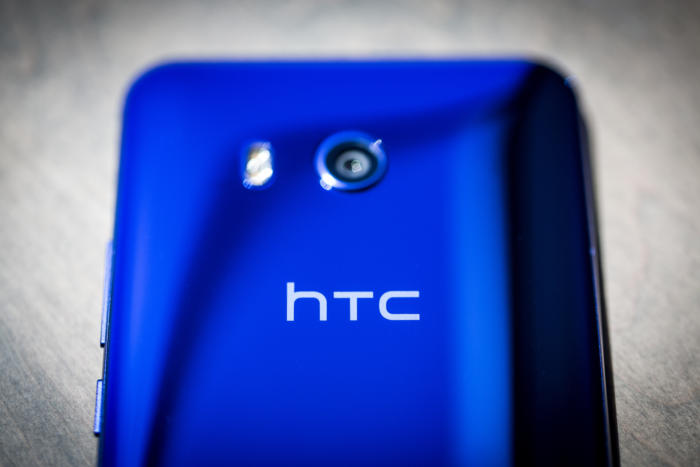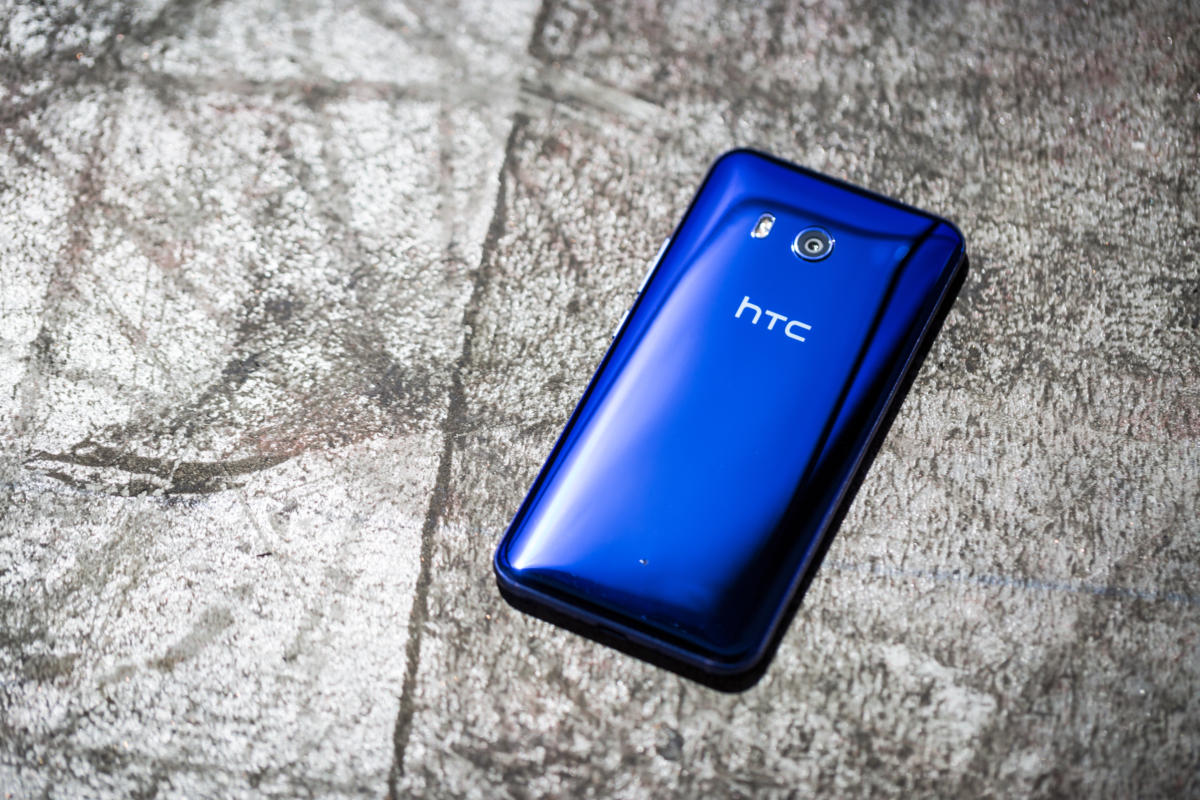advertisement
Google buys 2,000 HTC employees for $1.1 billion to get instant smartphone chops
Google isn’t buying HTC outright, but it’s scooping up the talent behind the Pixel phones. Nearly four years after selling…

Google isn’t buying HTC outright, but it’s scooping up the talent behind the Pixel phones.
Nearly four years after selling Motorola off to Lenovo, Google is buying into yet another longtime Android partner, HTC. But instead of purchasing the company outright, Google is buying its brains.
Google already knows these brains well. “A team of HTC talent will join Google as part of the hardware organization,” Google hardware SVP (and former Motorola president) Rick Osterloh said Thursday. Reports from the New York Times and other sources have pegged the number of employees at approximately 2,000 (or up to $550,000 per employee, if you’re doing the math). “These future fellow Googlers are amazing folks we’ve already been working with closely on the Pixel smartphone line, and we’re excited to see what we can do together as one team.”
Google also gets non-exclusive rights to HTC intellectual property as part of the deal. But somewhat surprisingly, the agreement doesn’t appear to include access to HTC’s manufacturing capabilities.
advertisement
The story behind the story: The deal signifies that Google is taking its new hardware division and “Made by Google” device push seriously. It also shows lessons learned after Google bought Motorola in 2011. It took nearly two years of flushing ho-hum hardware through the company’s pipeline before Google finally made its mark with 2013’s brilliant Moto X. By acquiring just the people and not the products, the fresh hires can start working on the Pixel 3 and other devices immediately. (The Pixel 2 is expected to launch at Google’s October 4 hardware event.)
Inline Video Detail: Google Pixel XL Top 5 features
Summary: The Pixel XL is the first Android phone to deliver an emphatic, cohesive, surprise-and-delight experience. Let’s investigate exactly how.
Publication Date: Tue Oct 18 06:00:00 PDT 2016
Source Publication: IDG.TV
Download Source File: raw, mov
While Google mostly bought Motorola for its deep patent portfolio, the purchase of HTC’s engineering talent appears designed to improve its hardware chops. Until now, Google has had to partner with device makers like Huawei, LG, and yes, HTC itself to create its self-branded Nexus and Pixel phones. This deal lets Google seize more direct control over its hardware endeavors, though it will still need secure manufacturing for its devices. It wouldn’t be surprising if the deal included some HTC Vive talent as well, given Google’s interest in mobile VR.
advertisement
HTC’s mobile team has a long history with Android. It also boasts a solid track record for producing flat-out excellent phones and tablets, often in direct collaboration with Google.
The HTC Dream (a.k.a. the T-Mobile G1) was the world’s first Android phone in 2008. It was a touchscreen device with a slide-out QWERTY keyboard. HTC also made the first Nexus One phone and the last Nexus 9 tablet. It also manufactures Google’s Pixel and Pixel XL and is rumored to be the manufacturer of the forthcoming Pixel 2.
HTC has struggled in recent years. It was once the darling of the Android community, with the industrial HTC One and a long line of top-notch phones packing Beats Audio prior to Apple’s Beats acquisition. It’s since slipped under intense competition from Samsung, Huawei, and others. HTC overhauled its smartphone lineup this year with new U branding and a mirror-like “liquid” surface. Despite a strong showing by the stunning, squeezable U11 ($650 on Amazon), however, HTC has sunk to bit-player status in the Android world.
advertisement
Now, however, the brains behind those stellar devices work for Google, which clearly has big plans for future hardware. Watch out, Samsung.
What happens to HTC now?
HTC says it “will continue to have best-in-class engineering talent,” and those people are working on a successor to the HTC U11. Exact figures weren’t provided, but the New York Times reports that HTC CFO Peter Shen stated that the company would still have more than 2,000 research and design staffers after Google’s acquihire, compared to the roughly 4,000 people currently employed.
The company also says the $1.1 billion deal will enable “a more streamlined product portfolio,” which makes you wonder about the future of HTC’s mobile lineup. HTC’s phone business pretty much cratered over the past few years, with the company announcing its ninth straight quarterly loss in August 2017. I wouldn’t be surprised to see HTC’s future smartphone role evolve into something similar to BlackBerry and Nokia’s current strategy: Licensing its name out for use on hardware created, designed, and produced by third-party manufacturers.
 ADAM PATRICK MURRAY/IDG
ADAM PATRICK MURRAY/IDGIt sounds like HTC is doubling down on its Vive VR headset business as well. “Today’s news enables #TeamHTC to continue investing, innovating & leading in emerging tech, including #IoT #VR #AR #AI @HTCvive,” the company said in a tweet.
The Vive ($599 on Amazon) is currently the best PC-based VR headset available, and trademarks suggest a standalone “Vive Focus” headset may also be on the way. The Focus is expected to be powered by Qualcomm hardware and Google’s Daydream VR software, according to UploadVR, with six-degrees-of-freedom (6DOF) positional tracking similar to what you find in the PC-based Vive and Oculus Rift.
Original Article URL:
http://www.pcworld.com/article/3227074/android/google-buys-2000-htc-employees-for-11-billion-to-get-instant-smartphone-chops.html